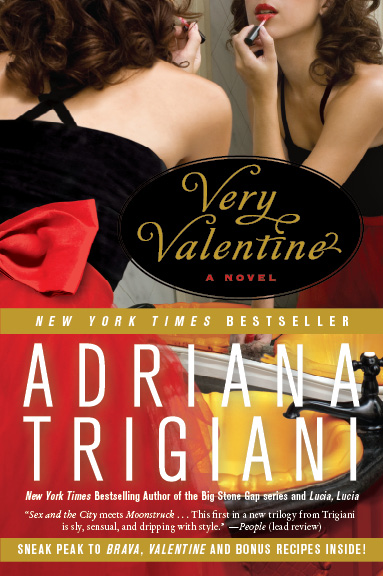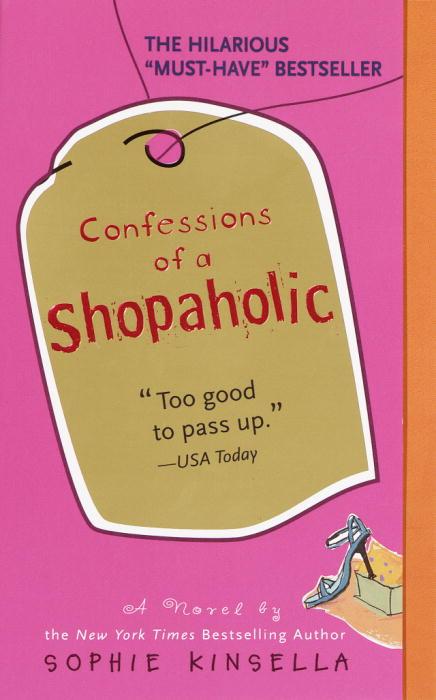Rating : 6/10
Review:
At first glance, this book has all the ingredients to make for a wonderful, engrossing read: shoes, romance, food and Italy. Sadly, the book wasn't as satisfying as it promised to be. The story of Valentine Roncalli, her family and how she tries to save their family business, The Angelini Shoe Company, from extinction is spread across more than 350 pages that go by with flair, but sometimes seem dragging.
One of the things that I adored about this book is the importance given to family bonding. The Roncalli and Angelini families are wonderful to read about. They have their fights and problems, but the obvious love, affection, friendly banter and teasing between them is precious. It's lovely to see an author write about the good side of families, after having read so much about dysfunctional families. The book is at its heartwarming best when it talks about Valentine and her family being there for each other in the best and worst of times. For me, this book was more about family, than about shoes or romance as one might assume it to be from its book cover or blurb.
Trigiani has a flair for creating excellent characters that you can relate to. The women in this book are varied, wonderful and fun to read about. The angle of Italian American families, of whom I've read very little about, is fascinating, as is the gorgeous description of food and shoes that Valentine designs. Description was a double-edged sword in this book. I absolutely loved the descriptions of shoes and the process that goes into designing the perfect shoe. Even better were the glorious descriptions of food that made me hungry; this despite having buttery popcorn with me. By the end of the book, you will be longing for a huge bowl of pasta or risotto.
Having said that though, description is also one of the problems I had with the book. Overt description of just about everything that doesn't really add up to the story, can annoy the reader and it lead me to skim some parts. I understand that Trigiani is trying to conjure images of the environment, but it just is so very overdone when she starts describing the hues of the sky, the river, the chair, the road, the process of making coffee etc. Crisp editing would have made Very Valentine something more than just a good book to read when one is bored.
Valentine's love interest is chef Roman Falconi and while I definitely wanted and even tried hard to be enchanted by this couple and their romance, it just wasn't possible as the two endlessly try to work out a balance between work and love.
In conclusion, if the descriptions had not been overdone and if the story wasn't wayward, which I felt the first part to be, this book would have been a great pleasure to read. Maybe it's a personal thing, because I've seen a lot of bloggers give excellent reviews for Very Valentine. Give this book a try if you're in the mood for something light and delicious to read. I'm not sure I'll be picking the sequel to this book unless perhaps on a rainy day, when I'm bored beyond belief.
I enjoyed the references to Austen-related things in the book. Sample this:
'Why does Mom overdecorate everything?' I ask. 'Does she think if she keeps landscaping in the English style, Colin Firth is going to come over that wall and take a dip in the birdbath?'












